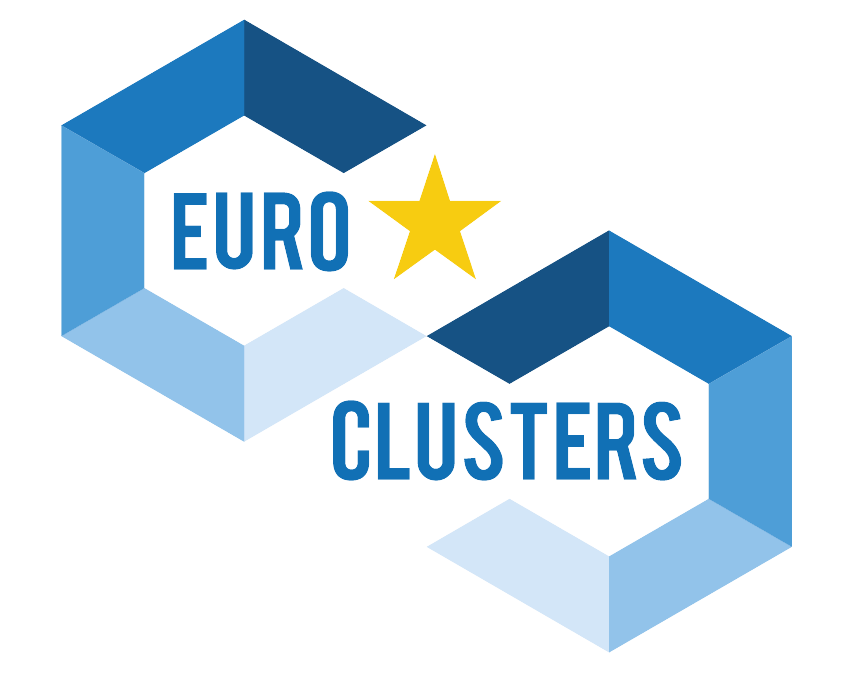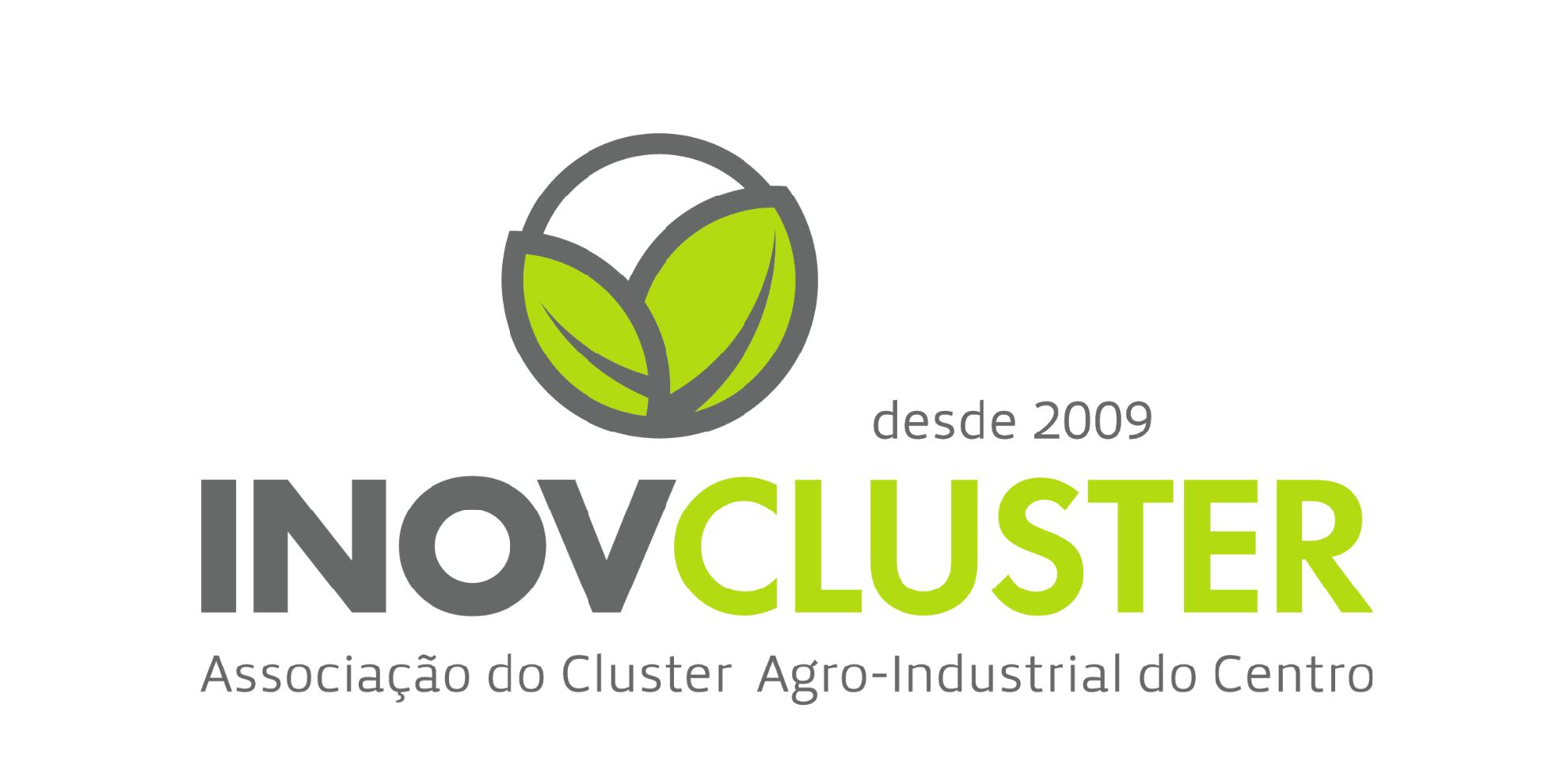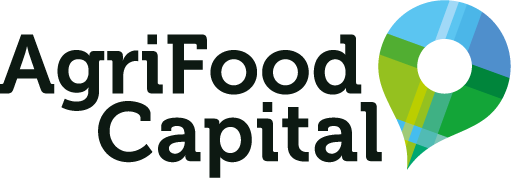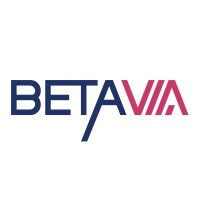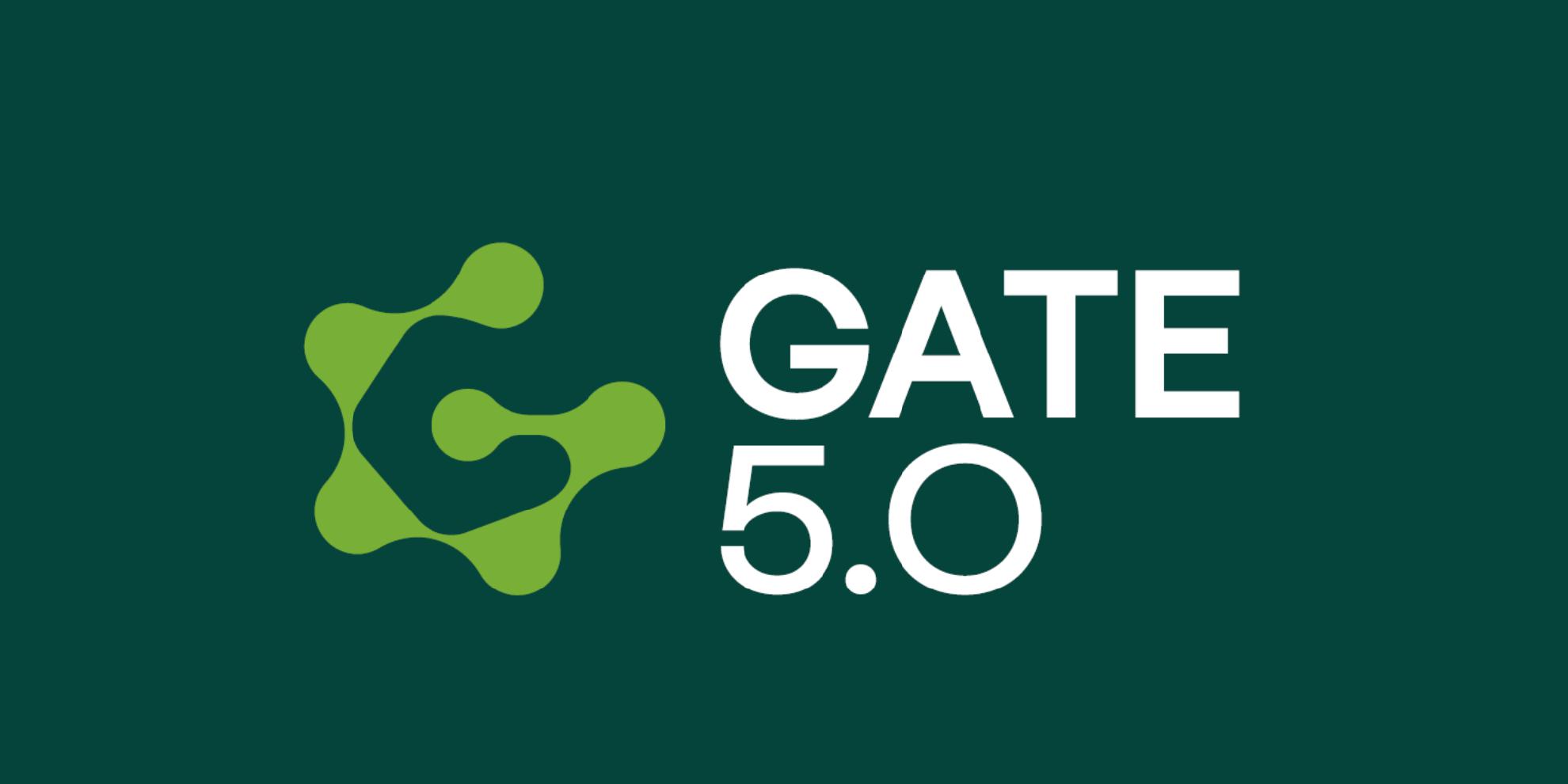
GATE5.0
Green and Digital Transitions for a Sustainable European Agrifood Ecosystem
- PARTICIPANTS: 4 members.
- FUNDING FRAMEWORK: EUROCLUSTER (SMP-COSME-2024-CLUSTER)
- START YEAR: 2025.
- BUDGET: 2.260.932,47€
- SCOPE: European
- DURATION: 36 months
about the project
Accelerating the green and digital transformation of Europe’s agrifood sector
GATE5.0 is a European initiative co-funded by the European Union under the SMP-COSME EUROCLUSTERS programme. The project drives the digital and green transition of the agrifood ecosystem by empowering SMEs to adopt Agriculture 5.0 technologies such as IoT, AI, robotics and data analytics.
Through funding, capacity-building, and internationalization, GATE5.0 strengthens sustainability, competitiveness and resilience across Europe’s agrifood value chain.
project objectives
- Foster innovation in Agriculture 5.0, supporting SMEs to develop digital and sustainable products and services.
- Provide financial support and capacity building through an Acceleration Programme offering up to €118,500 per SME consortium (including direct funding and training).
- Build collaborative regional ecosystems connecting digital and agrifood actors, academia, investors, and policymakers.
- Accelerate the green and digital transition through training, mentoring, and technology validation.
- Support European SMEs in global expansion, focusing on international markets.
how it works
The GATE5.0 journey starts by identifying real challenges faced by SMEs in the agrifood sector.
Through regional workshops and co-creation sessions, we gather insights from farmers, producers, and agrifood companies to define their most pressing needs.
Next, digital and deep-tech SMEs present technological solutions capable of addressing those challenges — such as AI, IoT, data analytics, and robotics.
A matchmaking process then connects both sides, forming consortiums between Agrifood SMEs and Digital SMEs to jointly tackle specific challenges.
These consortiums can apply to the GATE5.0 Open Call (FSTP), proposing collaborative projects to develop, test, and scale innovative Agriculture 5.0 solutions.
Once selected, the SMEs enter a structured acceleration journey consisting of three phases:
%20(4)_20251103104304.png)
1. SEED
From idea to business model: 80 SMEs will receive tailored training and mentoring to define their value proposition and prepare a business pitch.
%20(5)_20251103104420.png)
2. SPROUT
From prototype to validation: 40 SMEs will develop prototypes (TRL 7), conduct feasibility assessments, and receive technical and business support.
%20(6)_20251103104519.png)
3. HARVEST
From validation to market: 20 SMEs will implement large-scale demonstrators (TRL 8–9) in real agricultural environments, validating and scaling their solutions for market entry and internationalization.
Throughout the process, each consortium benefits from:
- Direct funding to develop and deploy their solution.
- Tailored capacity building with mentoring, training, and business guidance.
- Networking opportunities to connect with European partners, investors, and innovation ecosystems.
This comprehensive approach ensures that agrifood and digital SMEs co-create scalable solutions that strengthen Europe’s sustainability, competitiveness, and resilience.
target audience
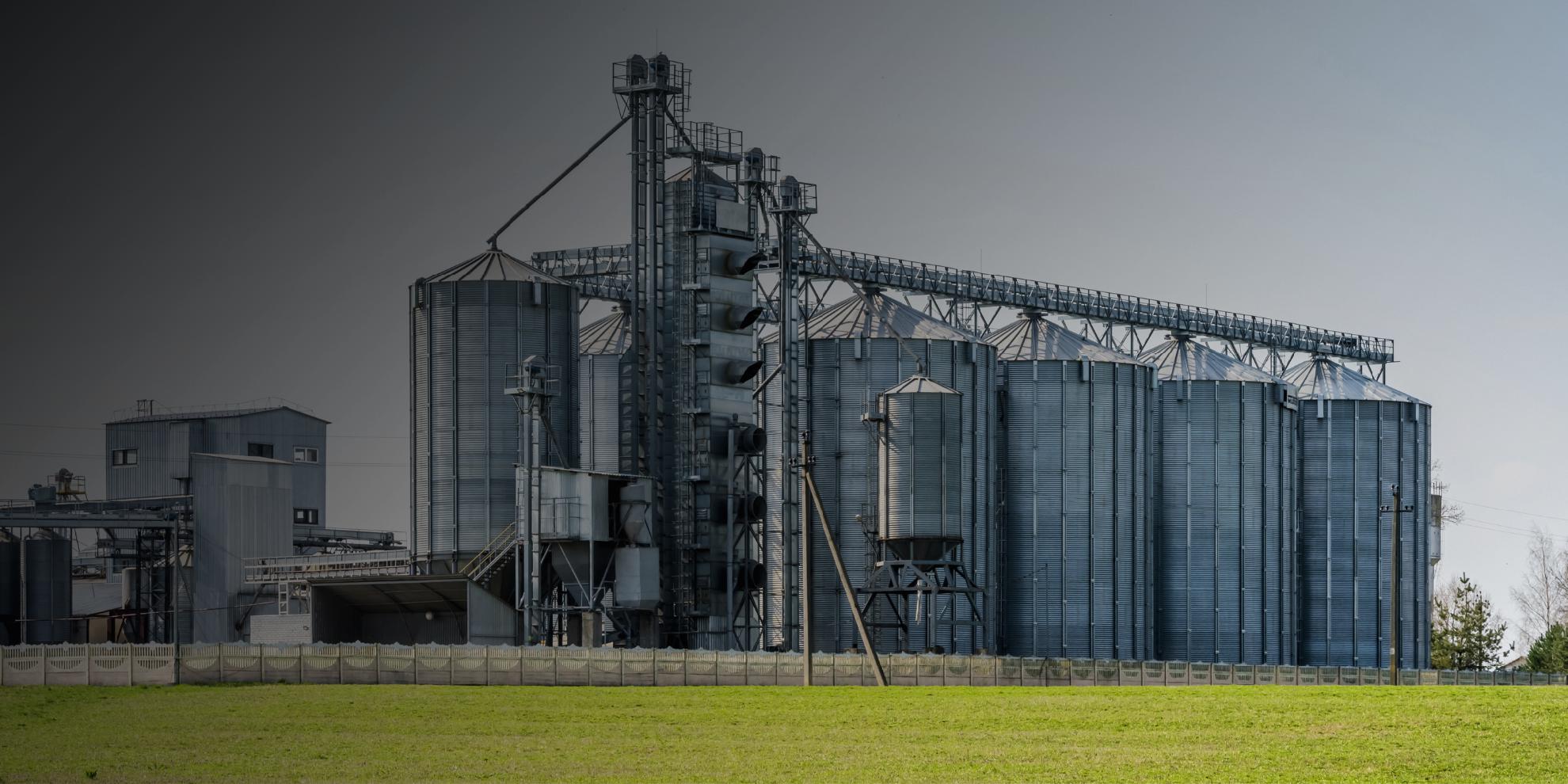
Agrifood SMEs seeking to adopt digital technologies for sustainable and climate-resilient production.
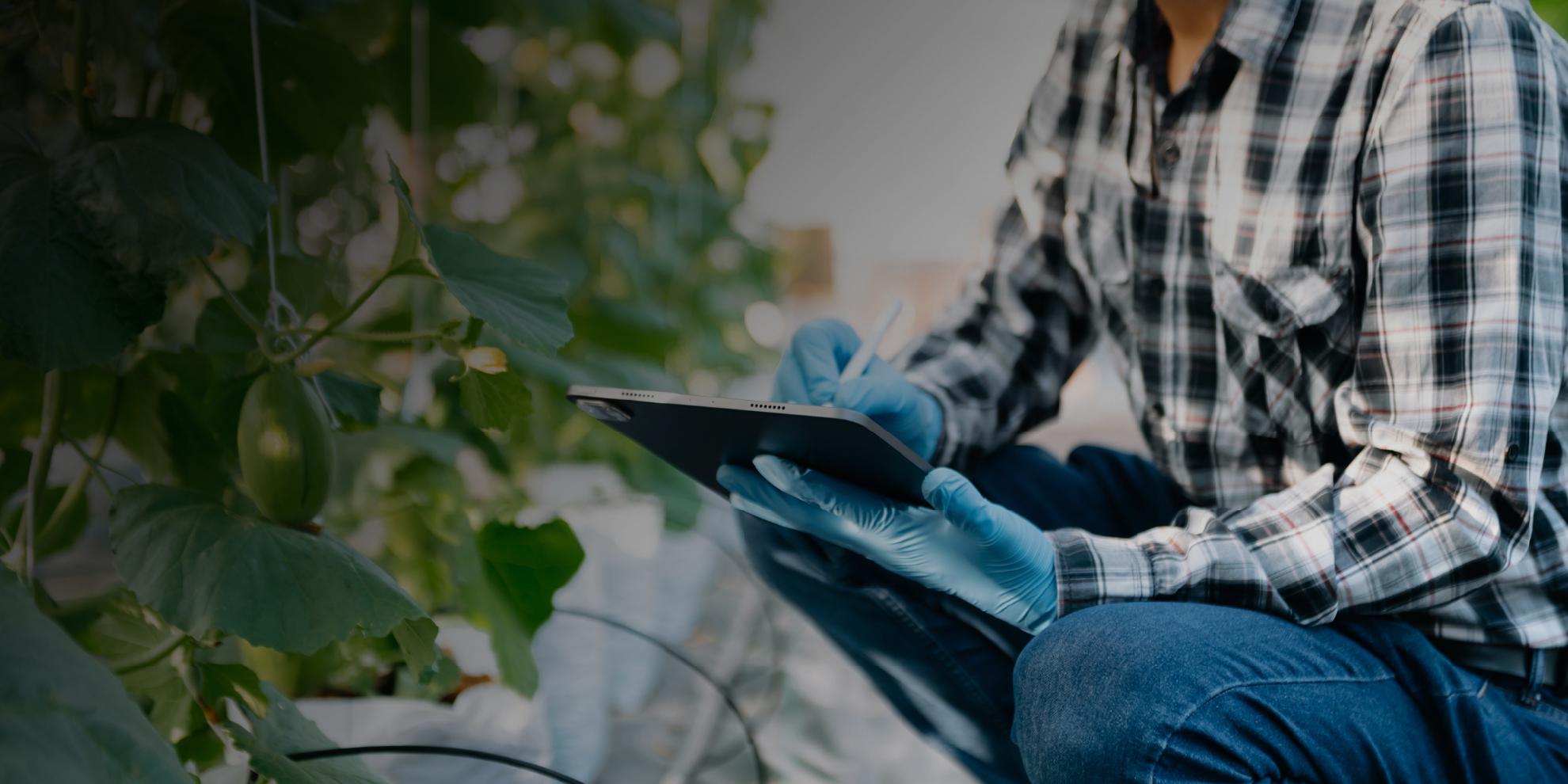
Digital and deep-tech SMEs providing innovative tools for the agriculture sector.
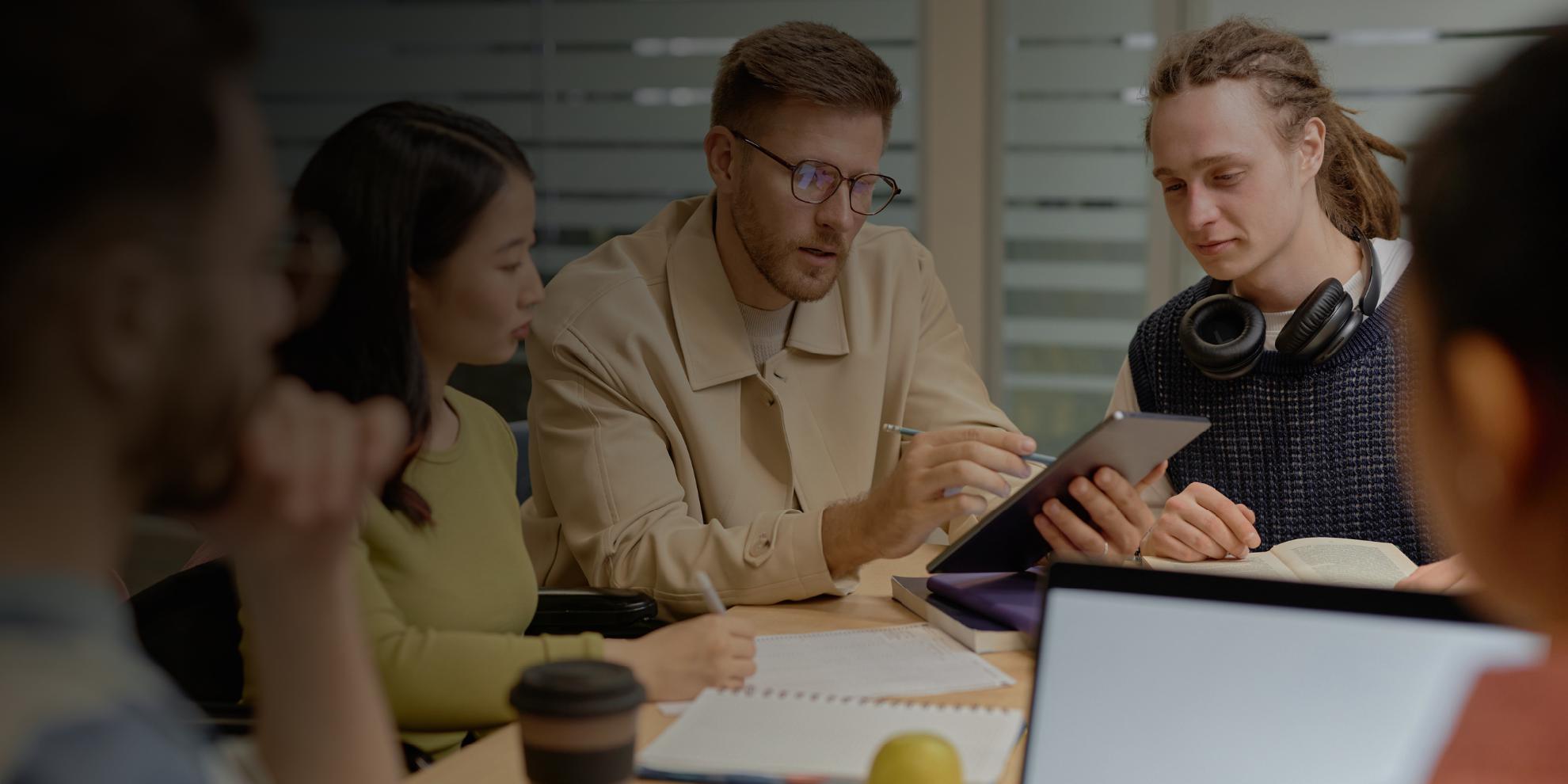
Clusters, research centres, and universities aiming to collaborate in the digital and green transition of agrifood.
get involved!
If you are a European SME in the digital or agrifood sector, join the GATE5.0 Acceleration Programme and take your innovation to the next level!
Stay tuned through our website and social media for upcoming updates and opportunities.
expected impact
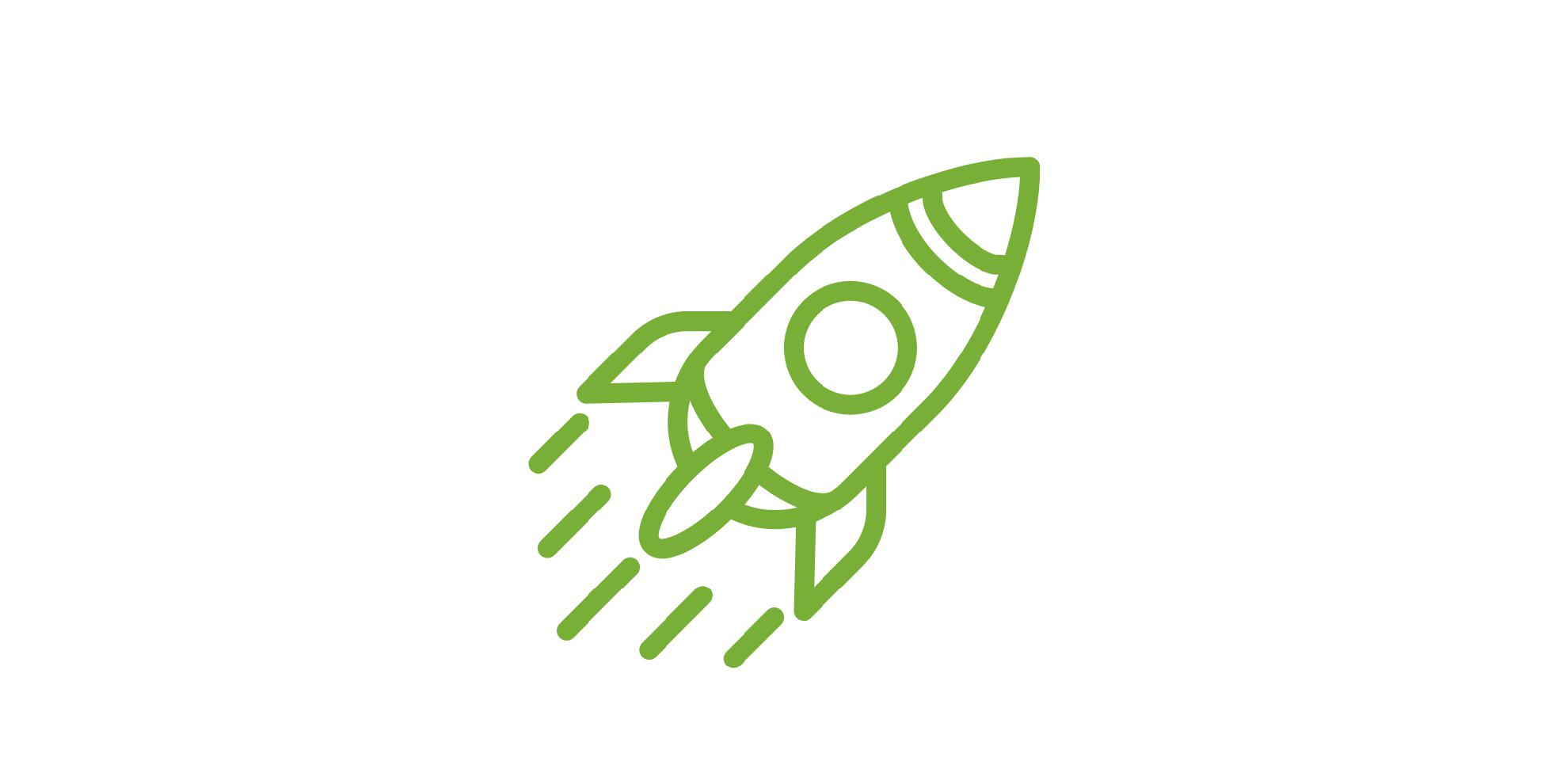
80 SMEs supported through acceleration and capacity-building activities.
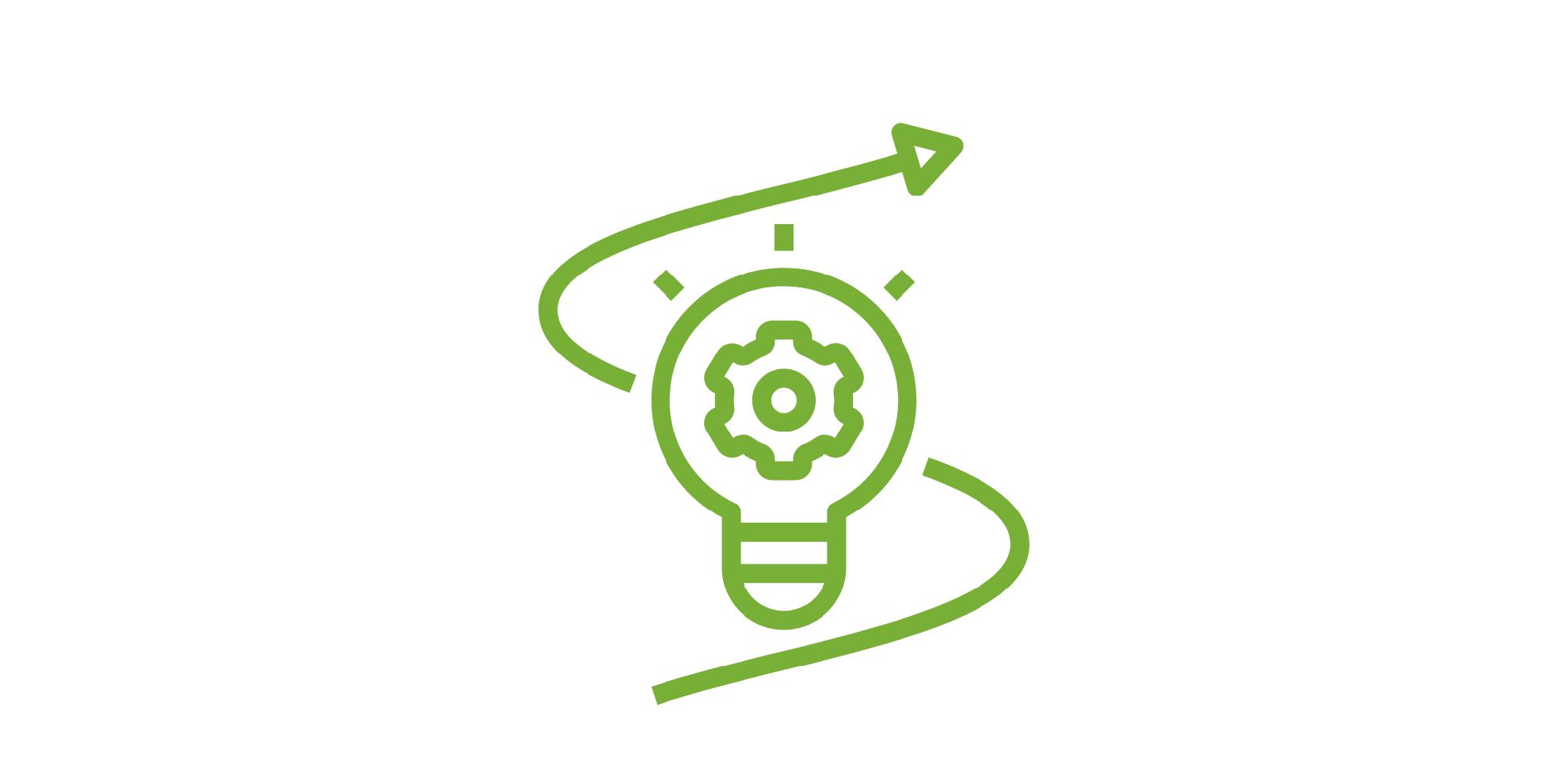
60 new innovative products or services developed.

20 large-scale demonstrators implemented and validated.
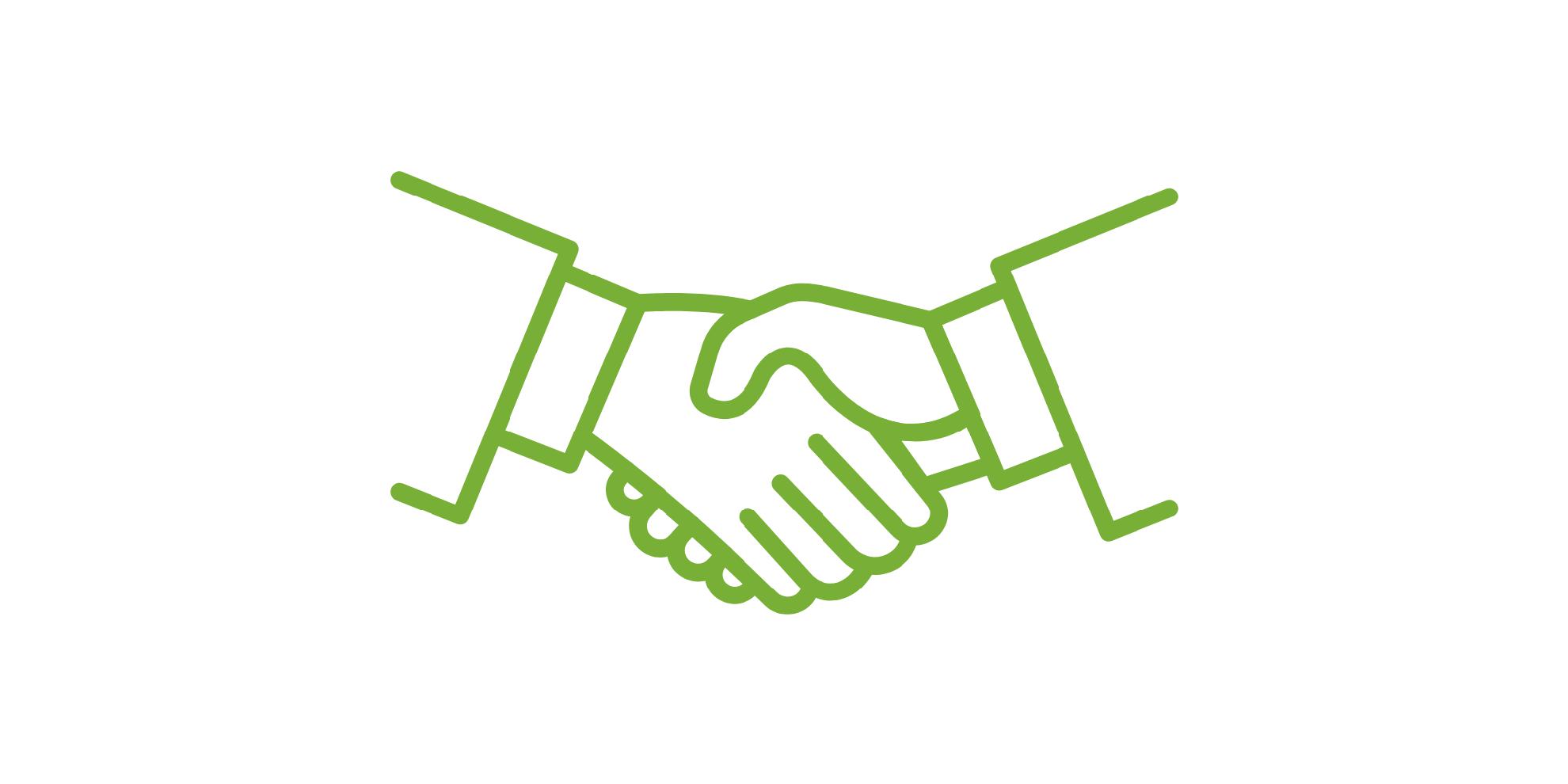
Over 200 stakeholders engaged through co-creation and collaboration activities.
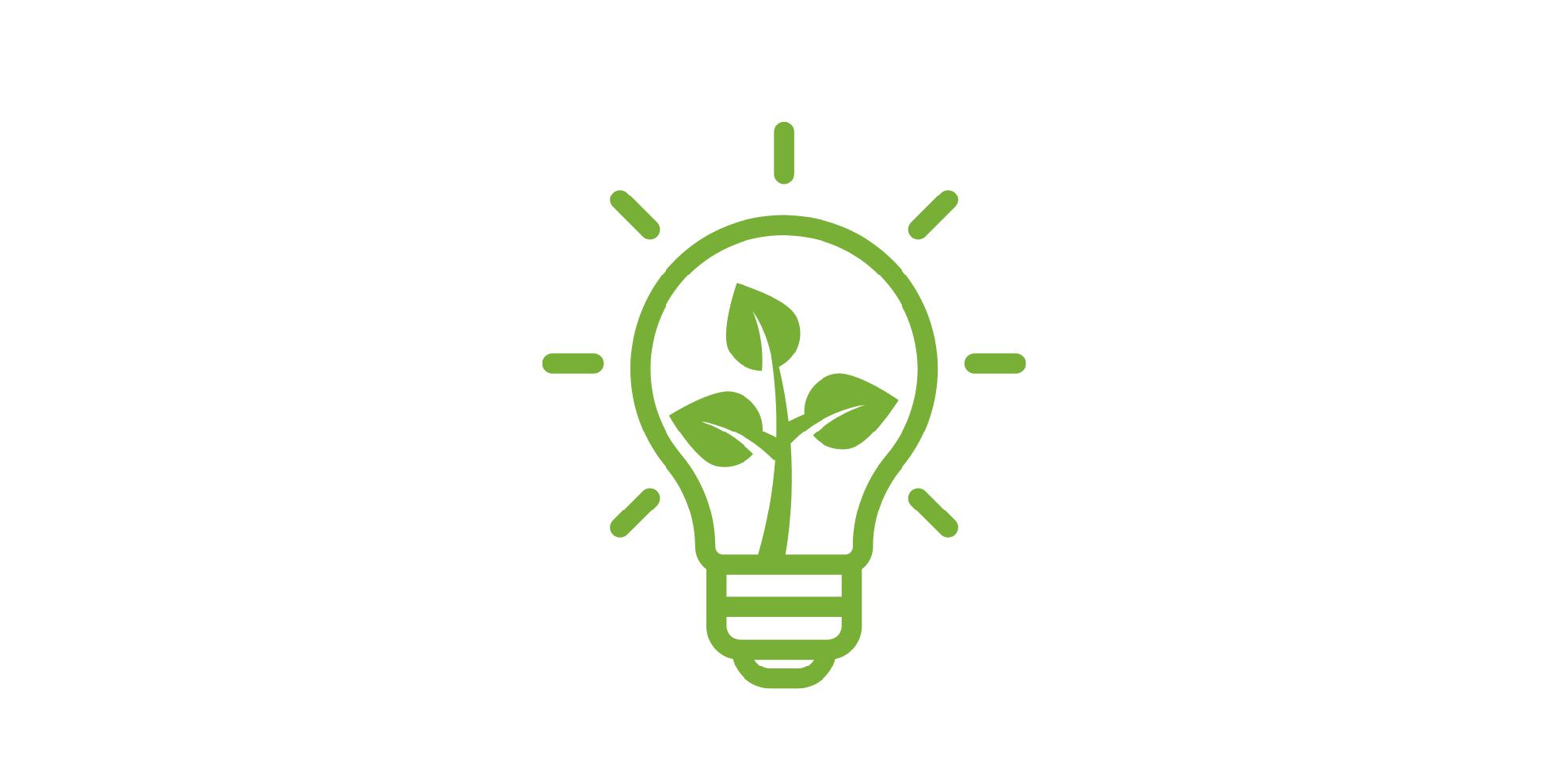
At least 20% reduction in input use (water, fertilizers, pesticides) in pilot projects.

